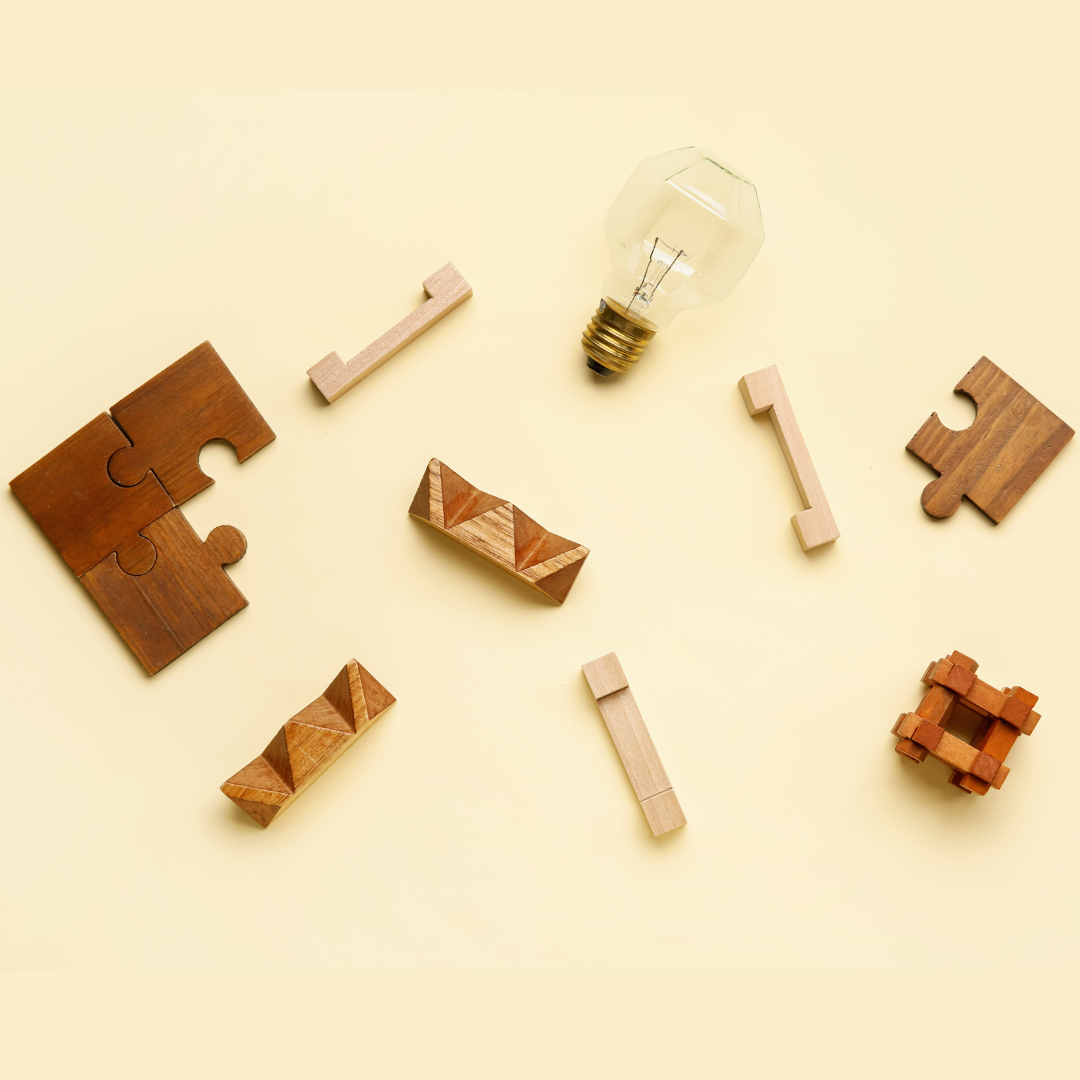
Self Esteem Scale Self Assessment Test
What This Self‑Assessment Covers

Who this Self‑Assessment is for.
How to Use This Self‑Assessment
Exploring Your Self-Esteem - Looking Inward
Related Self-Assessments
Exploring Your Self-Esteem - Looking Outward

Unsure of your next steps?
Book an Exploratory Call with one of our therapists to gain initial insights, practical solutions, and personalized guidance on the best options for your needs.

